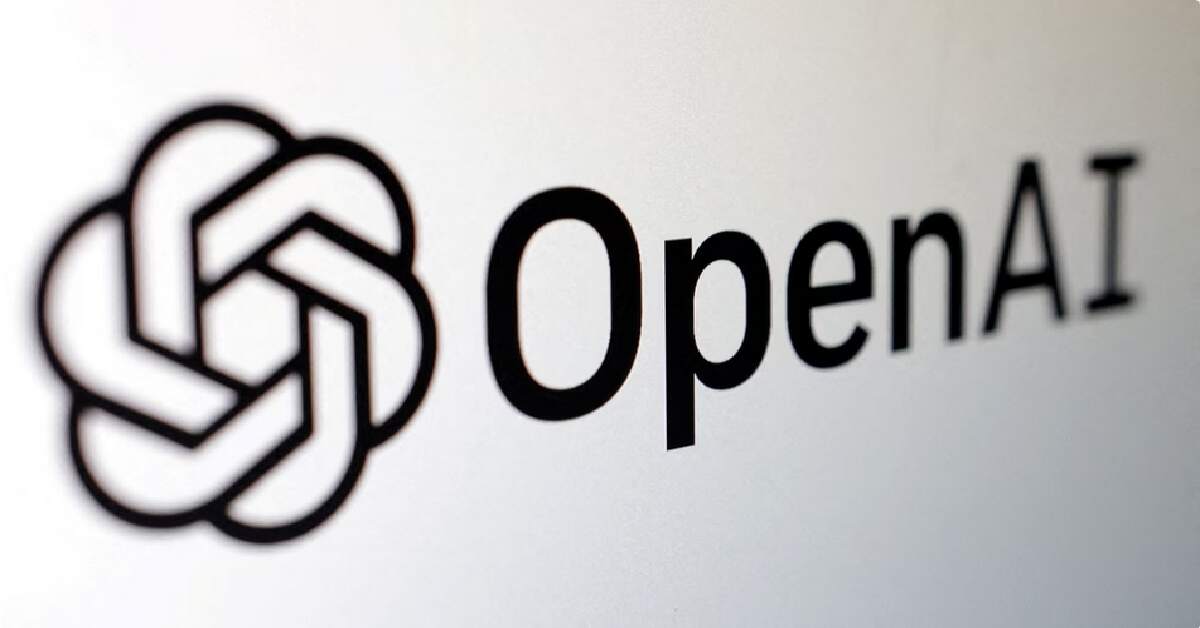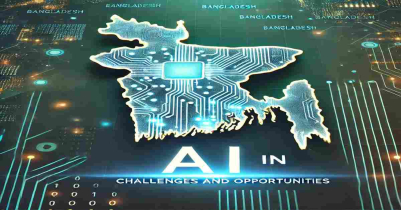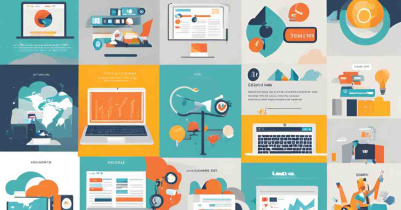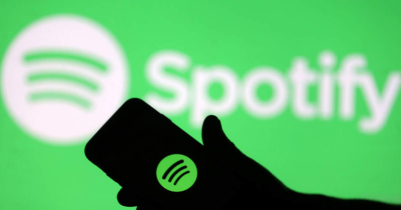Eye News Desk
Why did Microsoft invest in OpenAI?

Microsoft said on Monday that it was making a “multiyear, multibillion-dollar” investment in OpenAI, the San Francisco artificial intelligence lab behind the experimental online chatbot ChatGPT.
The companies did not disclose the specific financial terms of the deal, but a person familiar with the matter said Microsoft would invest $10 billion in OpenAI.
Microsoft had already invested more than $3 billion in OpenAI, and the new deal is a clear indication of the importance of OpenAI’s technology to the future of Microsoft and its competition with other big tech companies like Google, Meta and Apple.
With Microsoft’s deep pockets and OpenAI’s cutting-edge artificial intelligence, the companies hope to remain at the forefront of generative artificial intelligence — technologies that can generate text, images and other media in response to short prompts. After its surprise release at the end of November, ChatGPT — a chatbot that answers questions in clear, well-punctuated prose — became the symbol of a new and more powerful wave of A.I.
The fruit of more than a decade of research inside companies like OpenAI, Google and Meta, these technologies are poised to remake everything from online search engines like Google Search and Microsoft Bing to photo and graphics editors like Photoshop.
The deal follows Microsoft’s announcement last week that it had begun laying off employees as part of an effort to cull 10,000 positions. The changes, including severance, ending leases and what it called “changes to our hardware portfolio” would cost $1.2 billion, it said.
Satya Nadella, the company’s chief executive, said last week that the cuts would let the company refocus on priorities such as artificial intelligence, which he called “the next major wave of computing.”
A brave new world. A new crop of chatbots powered by artificial intelligence has ignited a scramble to determine whether the technology could upend the economics of the internet, turning today’s powerhouses into has-beens and creating the industry’s next giants. Here are the bots to know:
ChatGPT. ChatGPT, the artificial intelligence language model from a research lab, OpenAI, has been making headlines since November for its ability to respond to complex questions, write poetry, generate code, plan vacations and translate languages. GPT-4, the latest version introduced in mid-March, can even respond to images (and ace the Uniform Bar Exam).
Bing. Two months after ChatGPT’s debut, Microsoft, OpenAI’s primary investor and partner, added a similar chatbot, capable of having open-ended text conversations on virtually any topic, to its Bing internet search engine. But it was the bot’s occasionally inaccurate, misleading and weird responses that drew much of the attention after its release.
Bard. Google’s chatbot, called Bard, was released in March to a limited number of users in the United States and Britain. Originally conceived as a creative tool designed to draft emails and poems, it can generate ideas, write blog posts and answer questions with facts or opinions.
Ernie. The search giant Baidu unveiled China’s first major rival to ChatGPT in March. The debut of Ernie, short for Enhanced Representation through Knowledge Integration, turned out to be a flop after a promised “live” demonstration of the bot was revealed to have been recorded.
Mr. Nadella made clear in his company’s announcement on Monday that the next phase of the partnership with OpenAI would focus on bringing tools to the market, saying that “developers and organizations across industries will have access to the best A.I. infrastructure, models and tool chain.”
OpenAI was created in 2015 by small group of entrepreneurs and artificial intelligence researchers, including Sam Altman, head of the start-up builder Y Combinator; Elon Musk, the billionaire chief executive of the electric carmaker Tesla; and Ilya Sutskever, one of the most important researchers of the past decade.
Read More
- 32 megapixel camera new phone Tecno Spark 10 Pro
- Google Bard now in Bangladesh
- Samsung Galaxy A54 5G: A perfect price fit!
- Tottering from Twitter to Threads
- Elon Musk`s SpaceX hires 14-year-old Bangladeshi-American Kairan
- Refreshing only increases the speed of the computer?
- Twitter lost a huge number of subscribers
- boAt products now officially available in Bangladesh
- The Godfather of AI quits Google; warns of impending danger
- 4 websites to track Cyclone Mocha in real-time






























